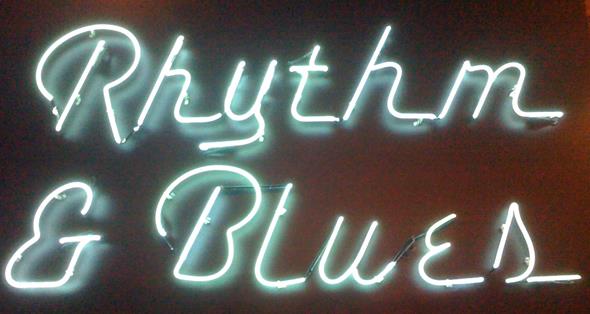Rhythm and Blues
https://userscontent2.emaze.com
Title of the text: The Origins and History of R&B Music
Author/s: Mark Edward Nero
Title of Journal/Publication: LiveAbout.com
URL/Web Adress: https://www.liveabout.com/what-is-randb-music-2851217
Title of Journal/Publication: LiveAbout.com
URL/Web Adress: https://www.liveabout.com/what-is-randb-music-2851217
Main Idea:
Where
Did R&B come from? Rhythm & Blues is a term used to describe the blues
influenced form of music which has been performed by African -Americans since
late 1930s.The term 'Rhythm and Blues' was used for a musical marketing term by
billboard magazine and to replace the designation "race music"
Rhythm and Blue is most sang by African-American. R&B includes soul and funk music.
What is R&B music? It is a musical form that arose in urban communities such as Baltimore and Washington DC after World War II.
Rhythm and Blue is most sang by African-American. R&B includes soul and funk music.
What is R&B music? It is a musical form that arose in urban communities such as Baltimore and Washington DC after World War II.
Evidence that supports the main idea:
''The "Rhythm & Blues" term was created to replace the designation "race music," which until then was the standard catch-all phrase used in reference to most music made by blacks at the time. After the "race music" term was deemed offensive, Billboard began using the Rhythm & Blues name that Wexler created."
"The meaning behind the name is this: the "rhythm" part comes from the music's typical dependence on four-beat measures or bars and the liberal use of a backbeat, in which the second and fourth beats are accented in each measure. And the "blues" portion comes from the lyrics and melodies of the songs, which were often sad, or 'blue', especially during the music's emergence in the World War II era. Over time the name was shortened to R&B as a matter of convenience.''
''In classic R&B, there is a straight up stacking of vocal harmonies, which writer-musician Stuart Goosman says reminds him of the urban environments of Baltimore and Washington DC where the music got its start. He suggests that the physical and psychic aspects of the city, in particular, those cities' urban segregation, helped shape the consciousness of the musicians, who freed themselves through the limitlessness of singing, engaging the imagination to soar beyond the limitations of place."

Comments
Post a Comment